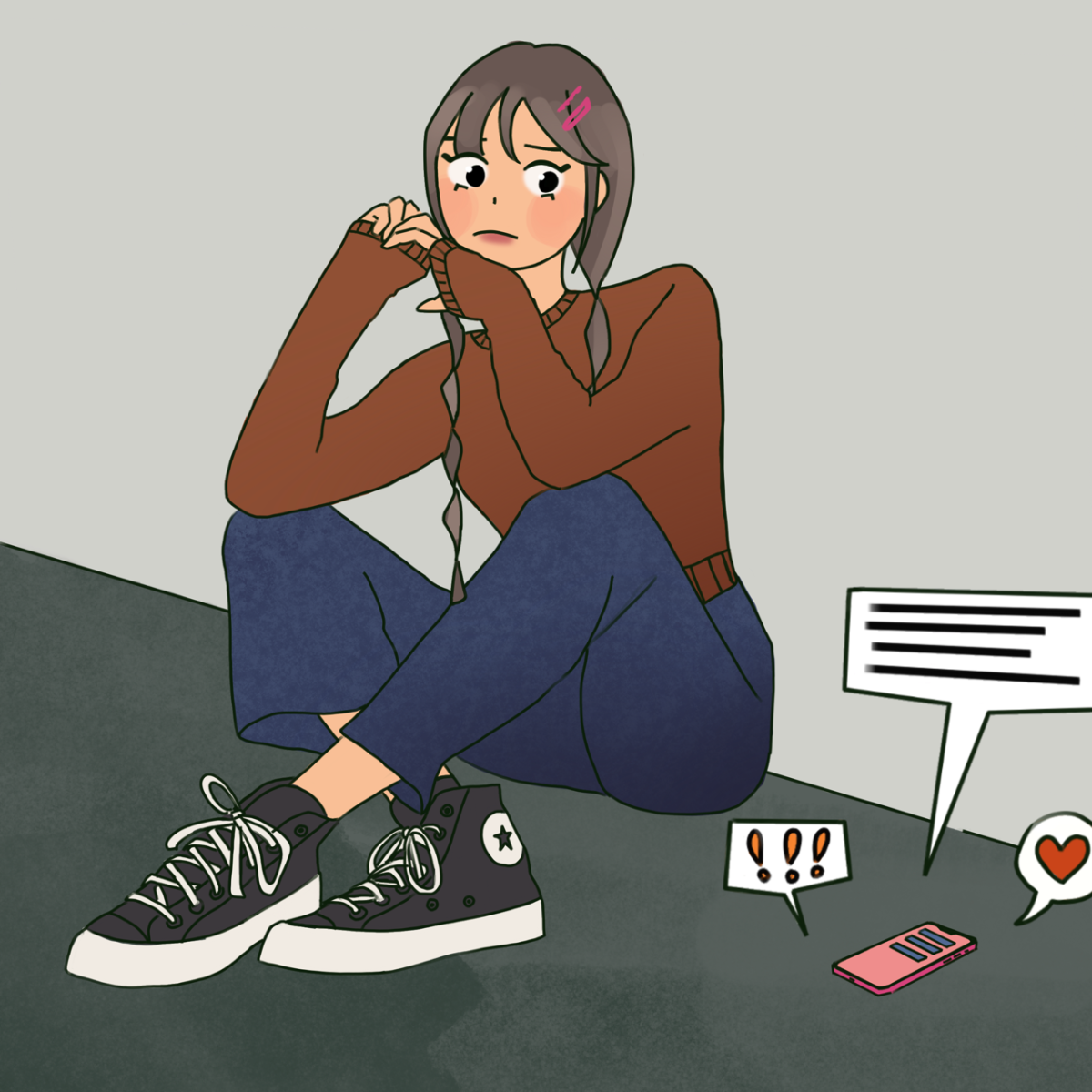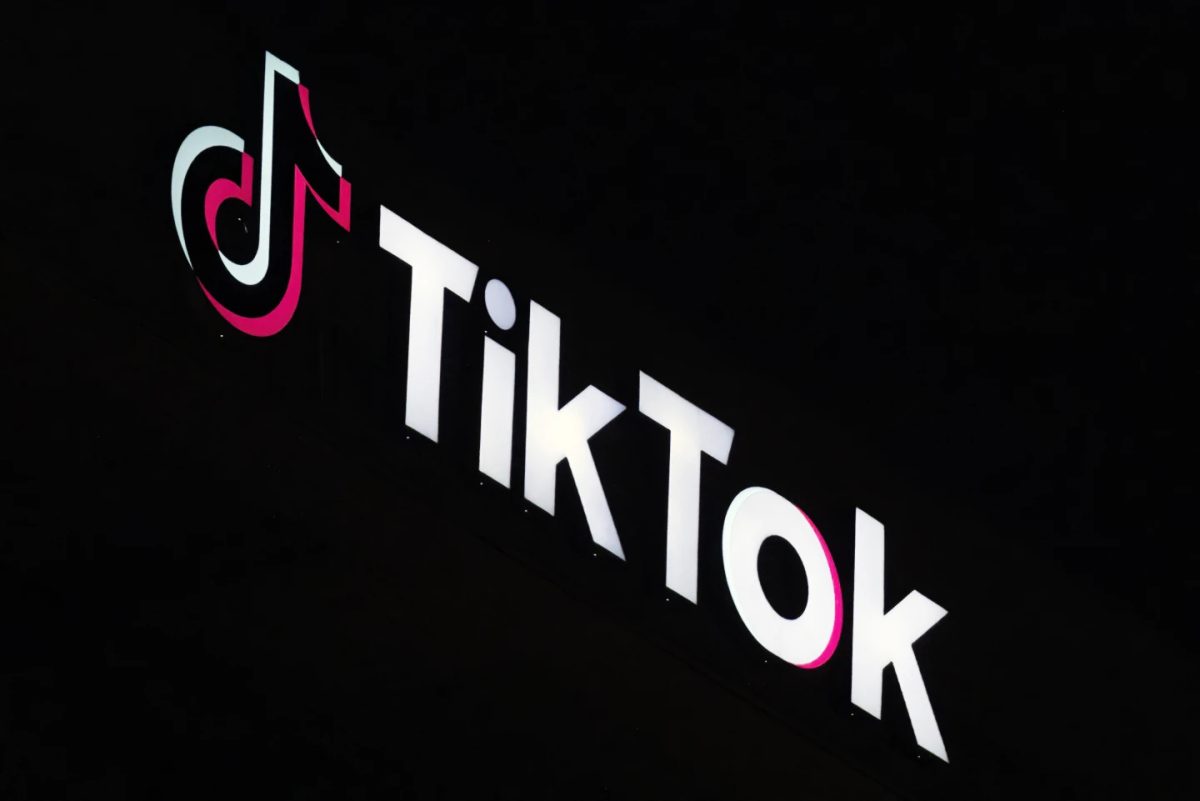You are probably familiar with the phrase “left on read” and all the associated memes about someone reading your message and not replying to it.
Being “left on read” is synonymous with rejection and disrespect on behalf of the person who isn’t responding. Since our phones stay glued to our hands, it feels intentional when people take hours to respond to a simple text, leading to hurt feelings when messages aren’t answered soon enough.
We are expected to be on-call basically 24/7 for everyone, and the pressure to be always available online can be exhausting.
I understand where the expectations for instant replies come from. In a face-to-face conversation, you reply promptly after someone has told you something. Features like read receipts and “typing” ellipses mimic social cues of attention, alerting each person when a message has reached the other’s eyes.
But unlike face-to-face conversations, text messages are sent all day and all the time. Between messages from texts, GroupMe, Slack, email and social media, I often feel like I am drowning in notifications. And a lot of the time, we are expected to reply almost instantly to these never-ending messages.
The expectation of a quick response is especially true for work-related messages during business hours on week days. There is an assumption that your phone should always be on and nearby, just in case a colleague, peer or advisor needs something. Yet, paradoxically, these are also the hours during which we are encouraged to stay off our phones and give attention to work, errands, lectures or studying instead.
The research released in recent years on excessive cell phone use gives us concerning insight into how the habit affects our brains. Short temper, lower sleep quality, increased anxiety and depression, and impaired emotional and social skills are among the most serious consequences for a world increasingly reliant on constant communication.
This quantitative research surely comes as little surprise to anyone, however, as we’ve all seen our moods drop as our daily screen time inches higher.
Sending a text back might seem like an easy, painless thing to do, and there is seemingly no excuse for not taking 10 seconds out of your day to reply to people. But, texts are rarely just a one-time thing. The pressure to reply to one text can turn into the pressure to be constantly engaged in a conversation with someone, which then multiplies into conversations with many people.
That pressure can make answering even a benevolent text from a loved one feel like a burden. Our personal time no longer feels like it’s really personal when we live under an omnipresent expectation to be constantly connected, alert and available.
Near-instantaneous communication is a radical milestone in human history. What a shame, then, that texting back feels more like a chore than a miracle of connection.
Kathryn Craddock is a 21-year-old mass communication junior from Patterson.
Opinion: Texting back all the time is exhausting, unrealistic standard
November 14, 2021
texting back cartoon








